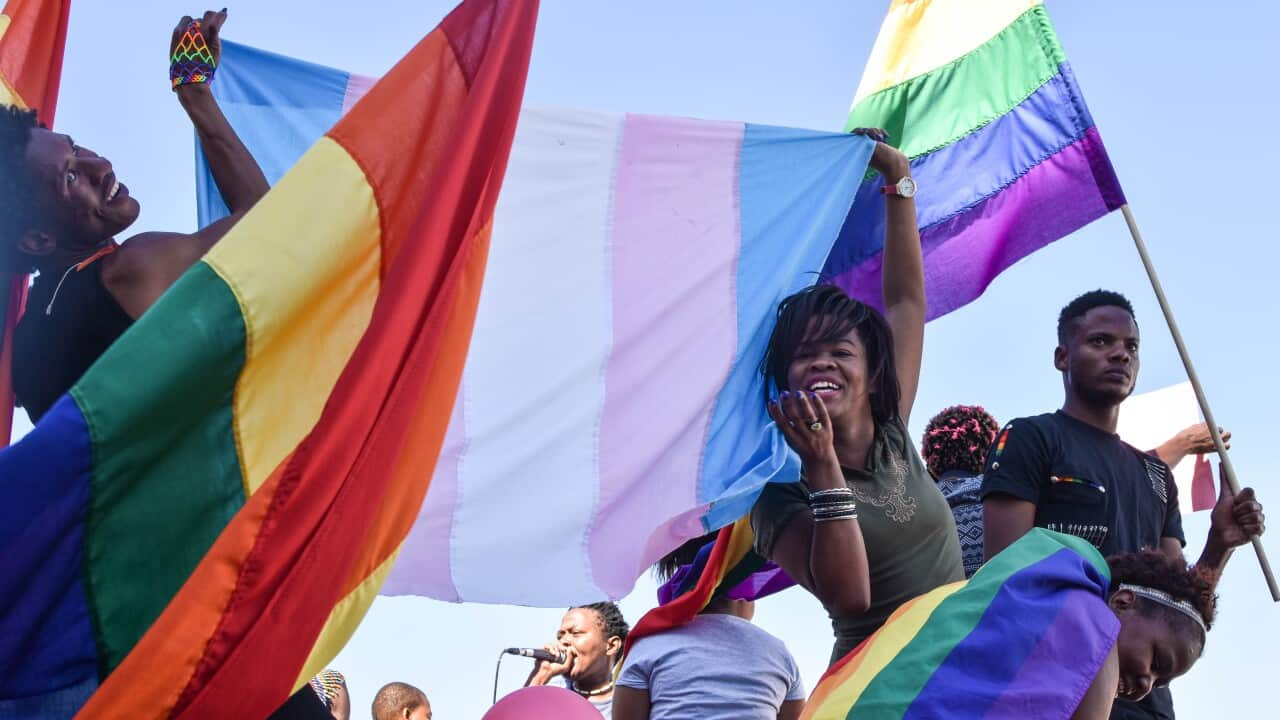A top Namibian court has overturned colonial-era laws that criminalised same-sex relationships, in a "historic" verdict countering anti-LGBTIQ+ rhetoric in southern Africa.
The background: On Friday, the High Court in Namibia's capital Windhoek declared the crimes of "sodomy" and "unnatural sexual offences" unconstitutional and invalid.
The judgement struck down laws inherited from the colonial era, dating back to 1927.
They were rarely enforced but had been retained after the country gained independence from South Africa in 1990.
The key quote: "Because of this decision, simply because of who I am. It is a beautiful day for our democracy, our country and our constitution." – Friedel Dausab, activist who brought the case.
What else to know: A handful of African countries have legalised same-sex relationships but only South Africa allows gay marriage – legalised in 2006.
Last year, Namibia's Supreme Court said same-sex marriages contracted abroad between Namibian citizens and foreign spouses should be recognised.
The ruling enraged social conservatives and in response, politicians approved new laws to ban same-sex marriage and punish its supporters. It is awaiting ratification from the president.
What happens next: Activists and human rights groups are concerned a similar backlash could follow the latest ruling.
Amnesty International said authorities must protect the safety of LGBTIQ+ people and hold accountable anyone who violates their rights.
A spokeswoman said the government was considering the judgement and had no comment.










